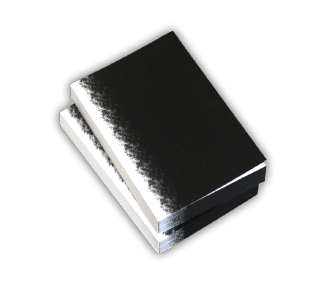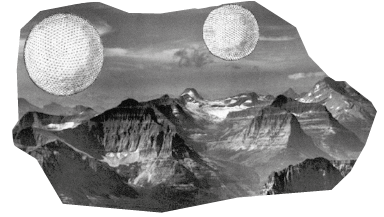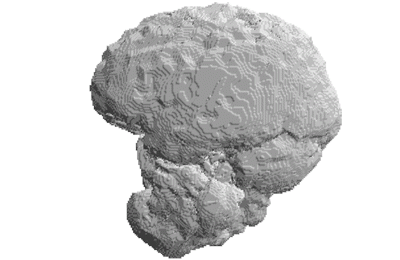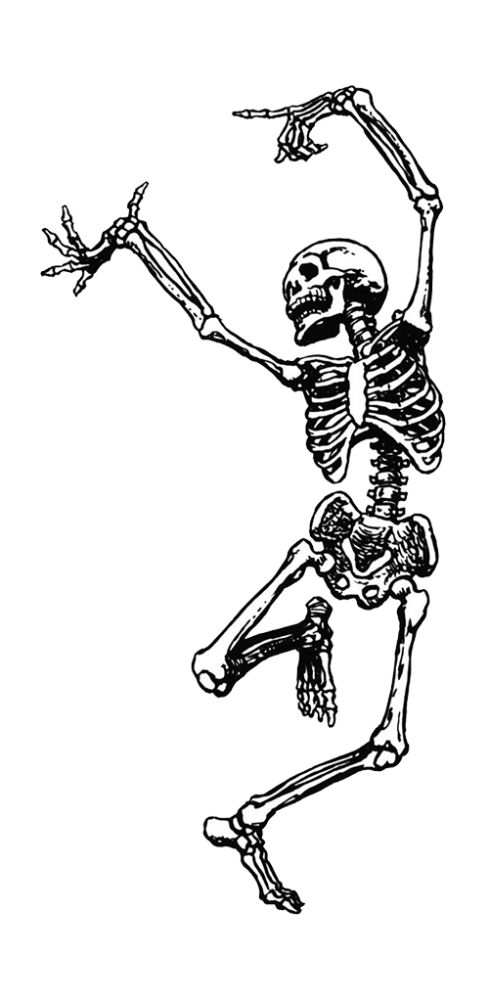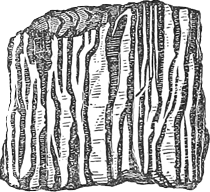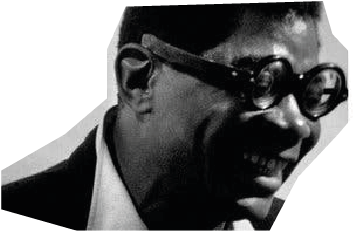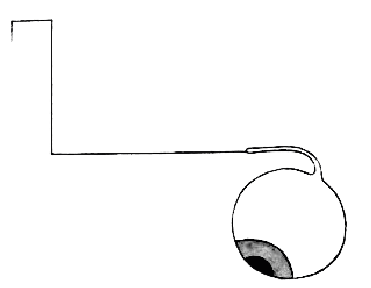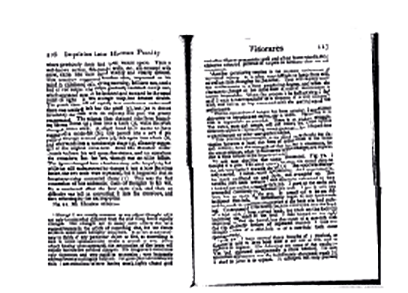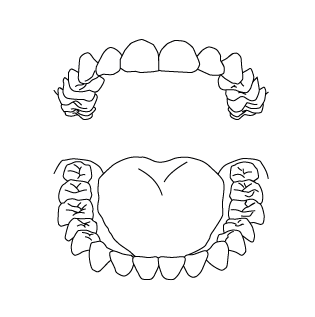Non-knowledge, Laughter & The Moving Image presents: Dr. Michael Gaebler, Brain Science and VR

Non-knowledge, Laughter & The Moving Image presents: Dr. Michael Gaebler, Brain Science and VR
lecture
Jan 8th 2019, HfBK, Hamburg
Michael Gaebler studied cognitive and neurosciences in Osnabrück, Montreal, Paris, and London, before he completed his PhD at the Charit./ Humboldt-Universit.t zu Berlin.In his research at the Max Planck Institute in Leipzig, he investigates how mental processes (i.e., thinking and feeling) are neurophysiologically realized. To this end, he also combines virtual reality with measurements of brain activity.
VRi day interdiciplanery dicussion-group a Max Planck Institute for Human Cognitive and Brain Sciences in berlin initiated by Dr. Michael Gaebler
There is are many interesting links between the Moving Image and Brain Science. To use a quote from the media theorist Friedrich Kittler one can state that “Since its inception, cinema has been the manipulation of optic nerves and their time”. And if we look at the history of cinema we find a direct link to the scientific laboratories in the nineteenth century, where the forerunners of modern neurology, physiology and psychology were the first who came up with techniques of studying perception and consciousness. Same techniques that was later used in cinema. As Ute Holl has pointed out an her recent book Cinema,Trance and Cybernetics, The Moving Image’s power, is not merely located in the contents of its imagery, but rather take place between the technology and our nervous systems and brains. It can control and regulate our impulses, sensations and emotions. shift and displace our consciousness, and even “induce trance”.Todays immerse and interactive virtual-reality technologies further expand these possibilities as well as ideas we have around the self, our bodies and perceptions of reality.
this research project is interested in states beyond rational thought, subjectivity and instrumental language ( that we also find in laughter, ecstasy, intoxication, poetry or shock) moments that shatter our familiar thought and also for a moment our reality. But in order to explore what the moving image and our bodies can do and how they can teach us about the limits of our thinking, we also have to explore what we know.
so : What do the cognitive, brain, and clinical sciences know about how we perceive (virtual) reality?
Why does to feel so real?
Link to talk:podcampus.de/nodes/QGvvJ


